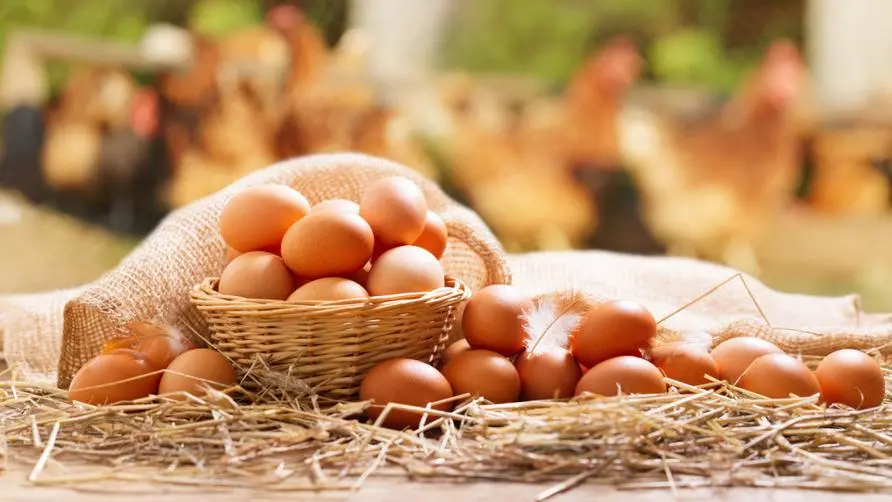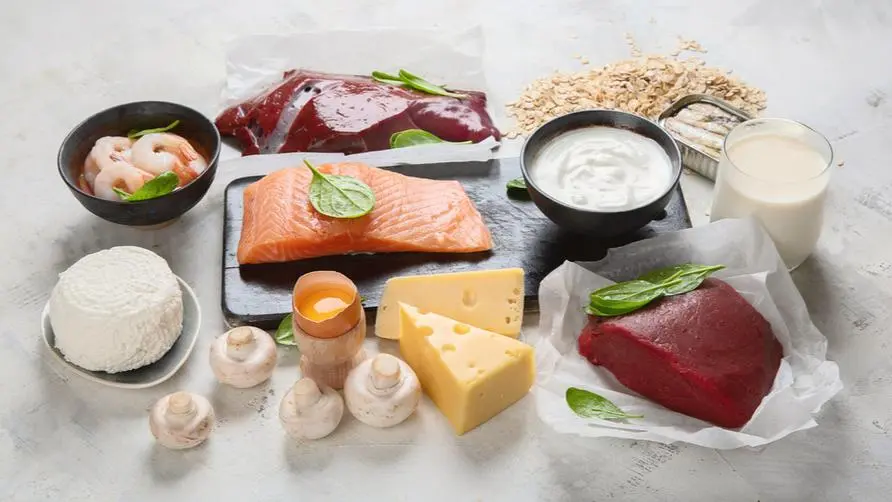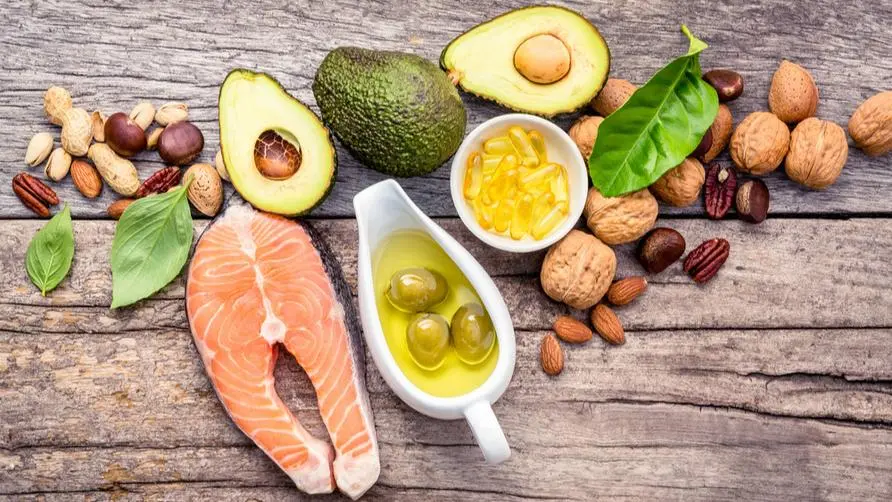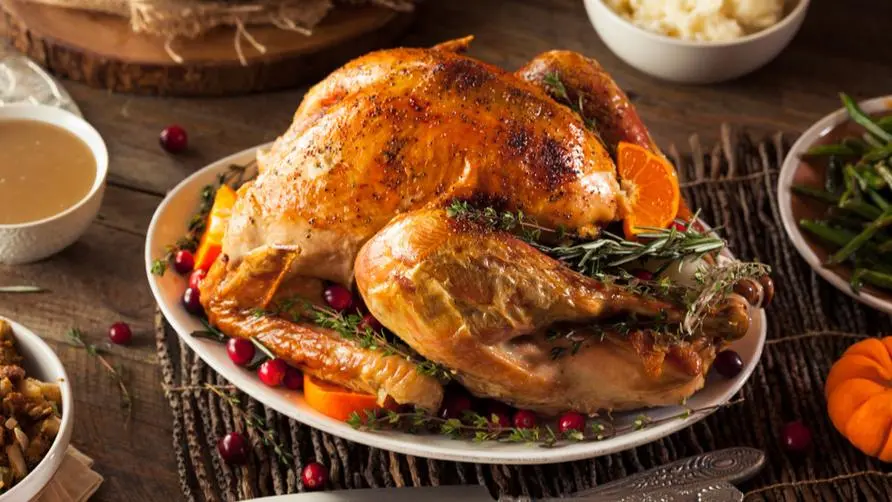How to supplement protein when lacking eggs? Nutritionists list the common "7 major eggs". The smallest egg has the highest nutritional value

The recent rise in the global avian influenza epidemic, coupled with rising chicken feed prices and cold winter weather, have caused an “egg shortage” in Taiwan and abroad. When it comes to protein supplements, many people will immediately think of eggs. In fact, eggs are indeed rich in multiple nutrients, such as essential amino acids, which are an excellent source of protein, and vitamins A, D, E, B9 (folic acid), B12, and more. There are minerals such as calcium, iron, zinc, and phosphorus.
Nutritionist Yu Zhuqing said in the community that common eggs on the market, such as chicken eggs, duck eggs, goose eggs, quail eggs, etc., have slightly different nutritional values. If you don’t have eggs to eat, you can also take the following types of eggs to moderately supplement the nutrients your body needs:
1. Egg (53g)
- Calories: 74kcal
- Protein: 6.8g
- Cholesterol: 213mg
- Fat: 4.9g
- Sodium content: 68mg
2. Duck eggs (67g)
- Calories: 125kcal
- Protein: 8.8g
- Cholesterol: 147mg
- Fat: 9.6g
- Sodium content: 100mg
Nutritionist Yu Zhuqing pointed out that duck eggs are larger in appearance than eggs and have a fat content of 14.4 grams per 100 grams, while the fat content of eggs is 9.2 grams. Therefore, the fat content of duck eggs will be slightly higher than that of eggs. . However, in terms of vitamin content, eggs have 560IU of vitamin A per 100 grams, and duck eggs have 978IU. In terms of vitamin A, duck eggs have more vitamin A than eggs.
3. Goose eggs (100g)
- Calories: 179kcal
- Protein: 10g
- Cholesterol: 870mg
- Fat: 15g
- Sodium content: 134mg
Although goose eggs look much larger than chicken eggs and duck eggs, they only have 10 grams of protein per 100 grams, but contain 15 grams of fat. Proportionally speaking, the fat content of goose eggs is indeed relatively high and should be consumed in an appropriate amount. Mainly edible.
4. Quail eggs (9g)
- Calories: 15kcal
- Protein: 1.1g
- Cholesterol: 55mg
- Fat: 1.2g
- Sodium content: 13mg
Nutritionist Yu Zhuqing explained that “roasted bird eggs”, a common snack in night markets, is mostly made from quail eggs. Although quail eggs are smaller in size, their nutritional content is not inferior to that of eggs. Judging from 100 grams each, the nutritional content is not much different from that of eggs. The vitamin B12 content of quail eggs is even slightly higher than that of eggs.
5. Preserved egg (duck) (62g)
- Calories: 98kcal
- Protein: 7.9g
- Cholesterol: 347mg
- Fat: 7.1g
- Sodium content: 366mg
The “preserved eggs” commonly found in snack bars are processed foods and are also suspected of being high in sodium. Therefore, when consuming processed eggs with high sodium content, you need to pay attention to the salt intake of other foods.
6. Iron eggs (quail) (100g)
- Calories: 439kcal
- Protein: 28.8g
- Cholesterol: 1,575mg
- Fat: 26.9g
- Sodium content: 194mg
7. Salted egg (duck) (60g)
- Calories: 110kcal
- Protein: 7.9g
- Cholesterol: 323mg
- Fat: 8.4g
- Sodium content: 991mg
Many elders like to eat salted eggs with porridge for breakfast. Most of them are made with duck eggs as the base. The nutritional content is similar to other eggs. However, the sodium content of salted duck eggs is higher. The sodium content of one duck egg is about 100mg, but one salted duck egg has a higher sodium content. The sodium content of duck eggs is as high as 991 mg, which is nearly 10 times the original amount. The upper limit of daily sodium intake for adults is 2400 mg. Consuming more than 3 pills is already exceeding the limit.
Nutritionist Yu Zhuqing emphasized that the nutritional content of various eggs is slightly different, but they all contain high-quality protein that is easy for the body to absorb. However, you still need to pay attention to the cooking and production methods of eggs to avoid the dilemma of eating eggs and causing problems.
Further reading:




